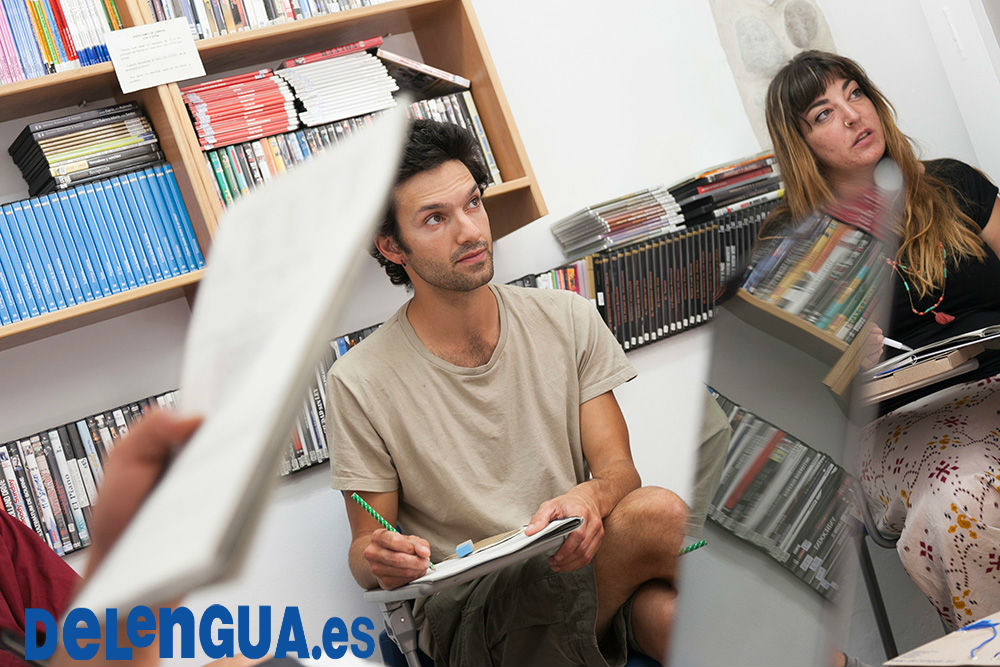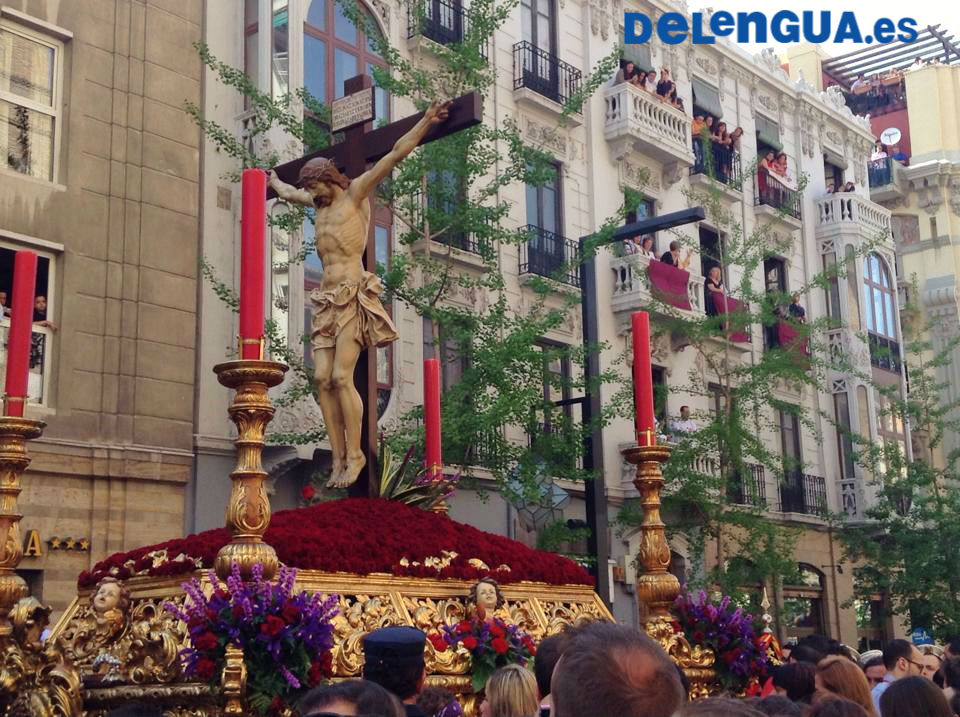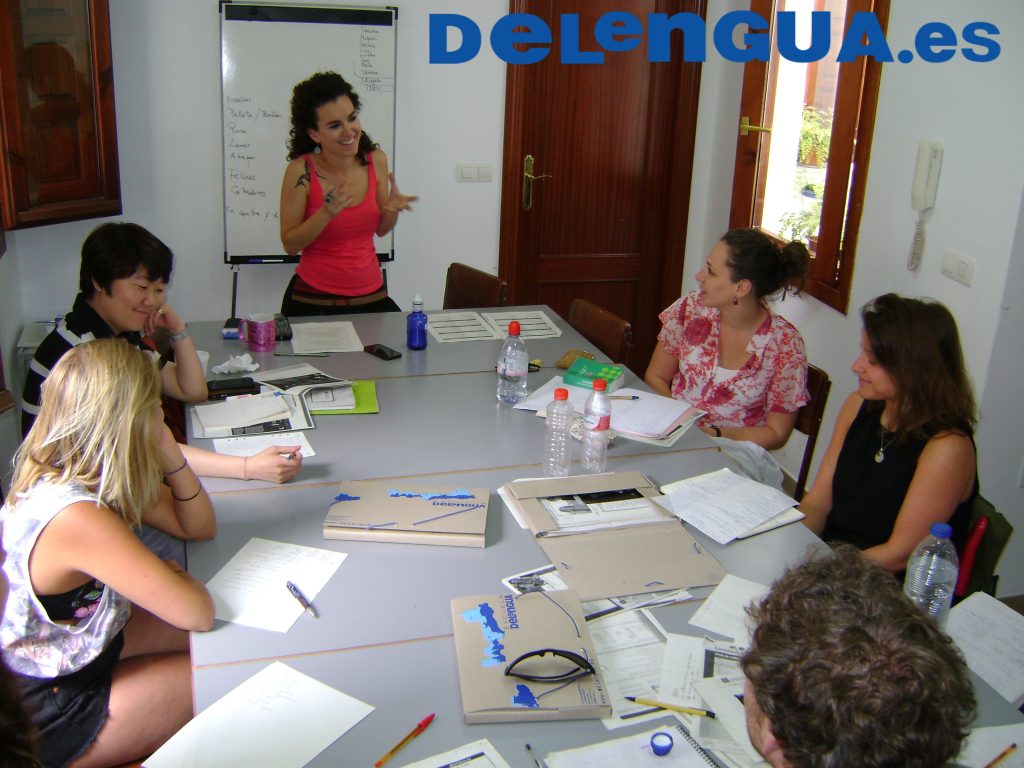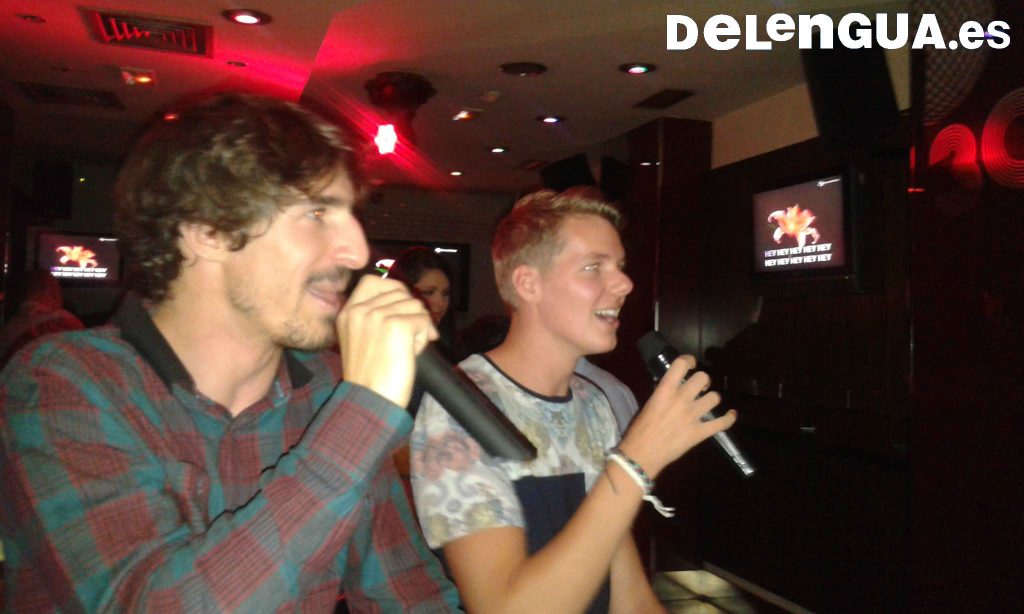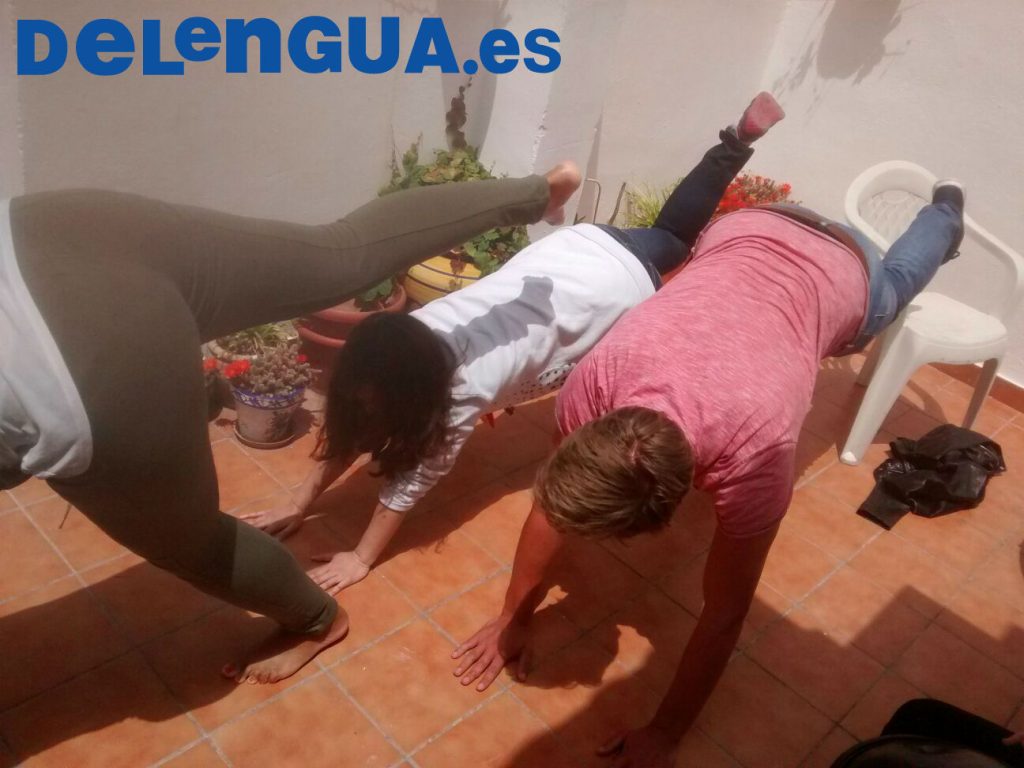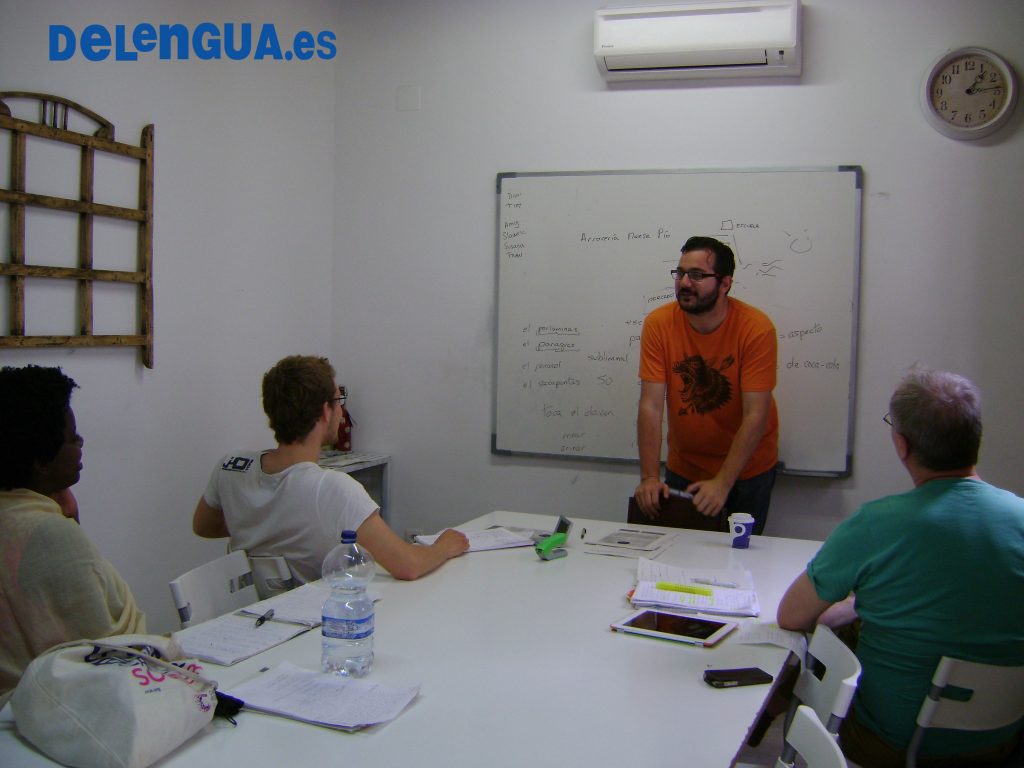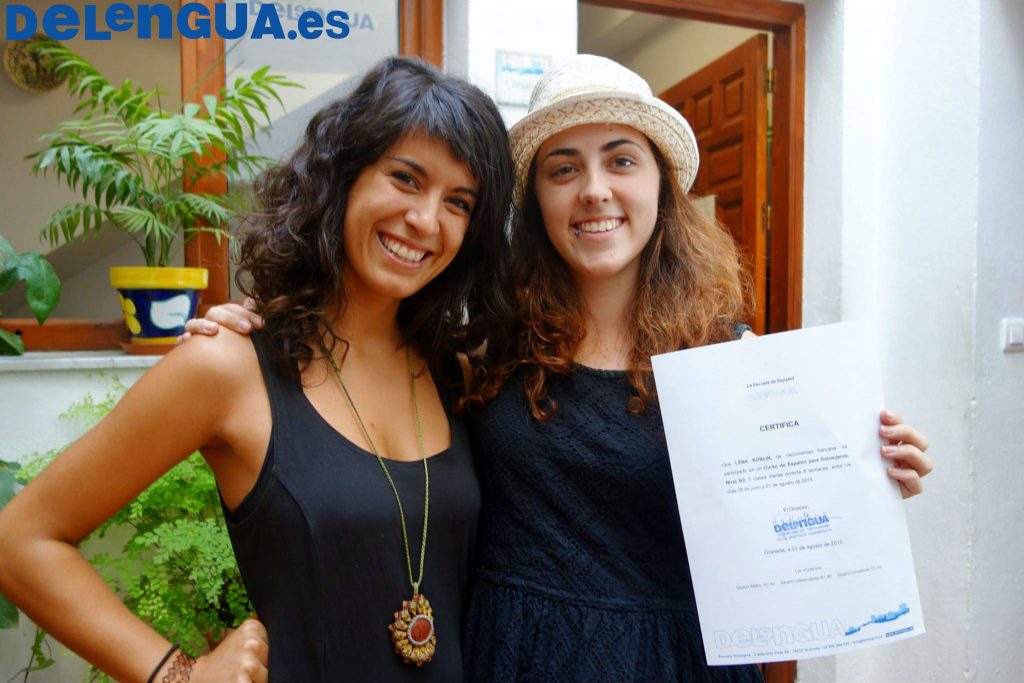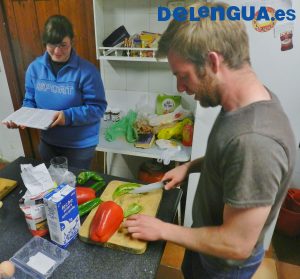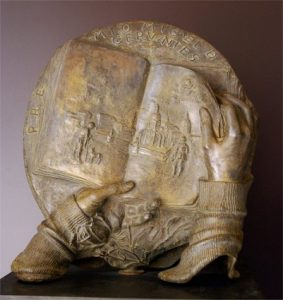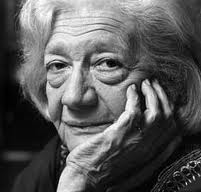| Español | Inglés | |
|---|---|---|
| El Premio Miguel de Cervantes, o solamente Premio Cervantes, es un premio de literatura en lengua española. El nombre del premio se deriva del autor español Cervantes, que escribió la obra que se considera la máxima obra de la literatura castellana, Don Quijote de la Mancha.
El Ministerio de Cultura de España honra una vez al año a escritores españoles o hispanoamericanos cuya obra haya contribuido a enriquecer notablemente el patrimonio literario en lengua española. Los candidatos son elegidos por las Academias de la Lengua de los países hispanohablantes. Además participan el premiado del año anterior y seis personalidades del mundo académico, literario o universitario. El Premio Cervantes, que está dotado con 125.000 euros, fue instituido en el año 1976 por el Ministerio de Cultura y está considerado como el galardón literario más importante en lengua castellana. La decisión se falla a finales de año y se entrega el premio el 23 de abril del año siguiente, que es la fecha en que se conmemora la muerte de Miguel de Cervantes. El rey de España, Juan Carlos I, preside la entrega de este galardón en el Paraninfo de la Universidad de Alcalá de Henares. Desde la primera concesión en el año 1976, 36 escritores han recibido el premio, 19 de ellos de España y 17 de América Latina, y entre ellos solamente tres mujeres. La tercera mujer es Ana María Matute, ganadora del Premio Cervantes de 2010 (después de María Zambrano en 1988 y la cubana Dulce María Loynaz en 1992). Matute, que nació en Barcelona en el año 1925, es considerada por muchos como la mejor novelista de la posguerra española. Ha publicado casi una veintena de novelas y otros tantos relatos y cuentos, y muchos han sido traducidos en al menos dos decenas de idiomas. Matute, que escribió su primera novela con 17 años, trata en sus libros muchos aspectos políticos, sociales y morales de España durante el periodo de la posguerra. También ha escrito numerosos libros y cuentos para jóvenes y niños, de los cuales muchos están dedicados a su hijo Juan Pablo. Durante su carrera como escritora ha recibido numerosos premios, por ejemplo el Premio Café Gijón (1952) o el Premio Nacional de Literatura (1959). Ademas, Ana María Matute es miembro de la Real Academia Española desde el año 1996 y ocupa el sillón “K”. Si a ti te gusta la literatura española, como las obras de Ana Maria Matute, y quieres aprender más sobre escritores hispanohablantes, la Escuela Delengua ofrece cursos específicos de literatura de España y America Latina. |
The Miguel de Cervantes Prize is a prize for Spanish literature. The prize’s name derives from the Spanish author Cervantes, who wrote the work that is considered the most important work in Spanish literature, Don Quixote of La Mancha.
The Ministry of Culture of Spain honours annually a Spanish or Latin American author whose work has contributed to enrich notably the literary heritage of the Spanish language. The candidates are proposed the Language Academies of the Spanish speaking countries. Furthermore, the prize winner of the previous year and six personalities from academic, literary or university fields. The Miguel de Cervantes Prize, which is worth 125,000 euros, was established in 1976 by the Ministry of Culture of Spain ans is considered the most important prize of Spanish literature. The decision about the winner is made at the end of the year and the prize is awarded on 23 april of the following year, which is the date the death of Miguel de Cervantes is commemorated. The King of Spain, Juan Carlos I, presides over the conferment of the prize in the assembly hall of the University of Alcalá de Henares. Since the first award in 1976, 36 authors have received the prize, 19 of them from Spain and 17 from Latin America, but altogether only 3 women. The third woman is Ana Maria Matute, the winner of the Miguel de Cervantes Prize 2010 (after Maria Zambrano in 1988 and the cuban Dulce Maria Loynaz in 1992). Matute, who was born in Barcelona in 1925, is considered by many the best novelist of the postwar period. Se has published about 20 novels and numerous stories, and many of them have been translated into at least two dozen different languages. Many of Matute’s works, who has written her first novel by the age of 17, deal with political, social and moral issues in connection with Spain during the postwar period. She also wrote numerous books and stories for young people and children, of which many are dedicated to her son Juan Pablo. During her career as an author she has received numerous prizes, for example the Café Gijon Prize (1952) or the National Literature Prize (1959). Furthermore, Ana Maria Matute is member of the Royal Spanish Academy since 1996 and holds the seat with the letter “K”. If you like Spanish literature like the works written by Ana Maria Matute and you want to learn more about Spanish speaking authors, Delengua Spanish Language School offers special courses on Spanish and Latin American literature. |
For more information visit our website:
Search
Archives
-
Recent Posts
Tags
activities Alhambra Andalucía Andalusia Aprende español en España Aprende español en Granada Cine Español cinema cultura Cursos de espanol en Granada Cursos de español Cursos de español en España Cursos de lengua Cursos de lengua en España Cursos de lengua en Granada Delengua activities España español fiesta film flamenco Gramática Española / Spanish Grammar Granada hiking in the Sierra Nevada la lengua española Language courses language courses in Granada language courses in Spain learn Spanish learn Spanish in Granada Learn Spanish in Spain Pedro Almodóvar senderismo en la Sierra Nevada Sierra Nevada Spain spanish Spanish Courses Spanishcourses in Granada Spanish courses in Granada Spanish Courses in Spain Spanishcourses in Spain Spanish Grammar Spanish Language School the Spanish grammar the Spanish Language




